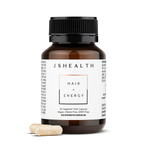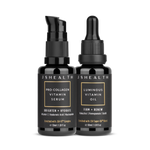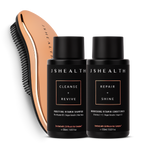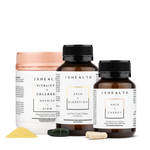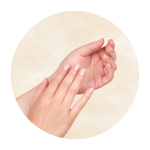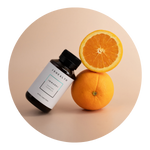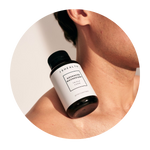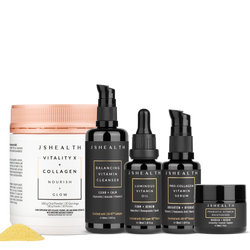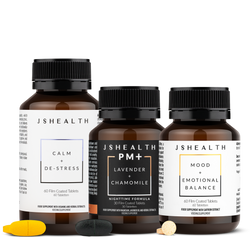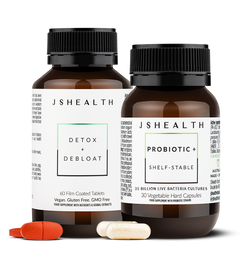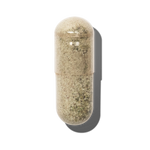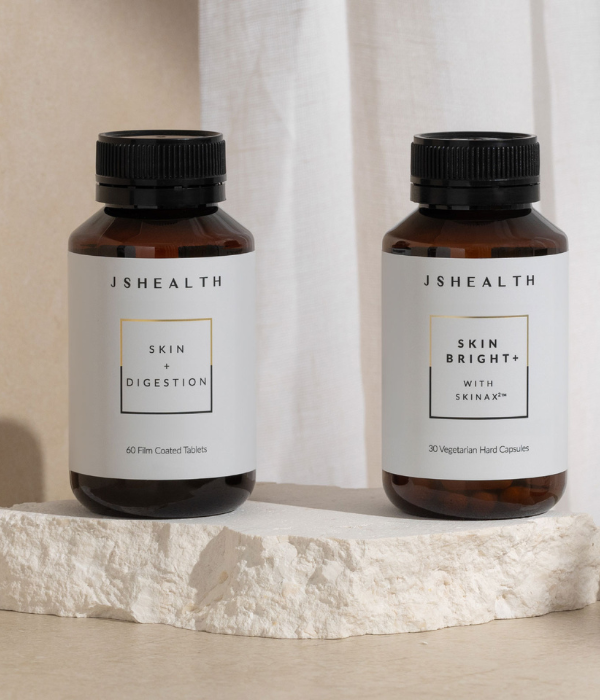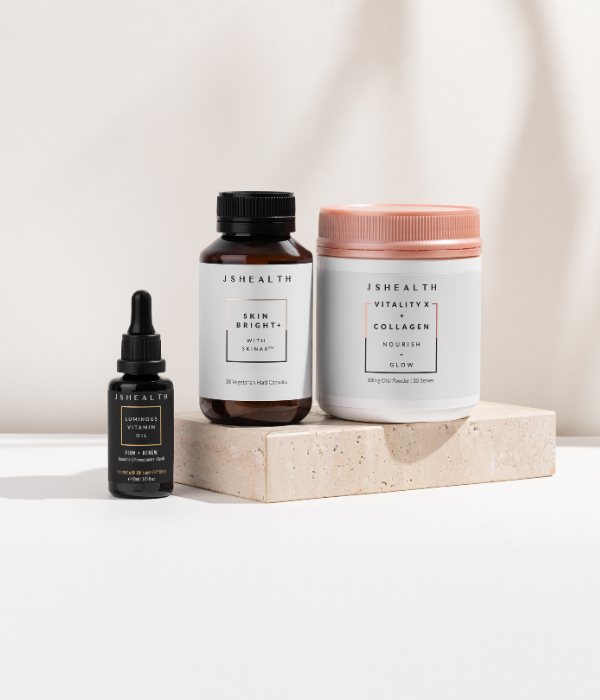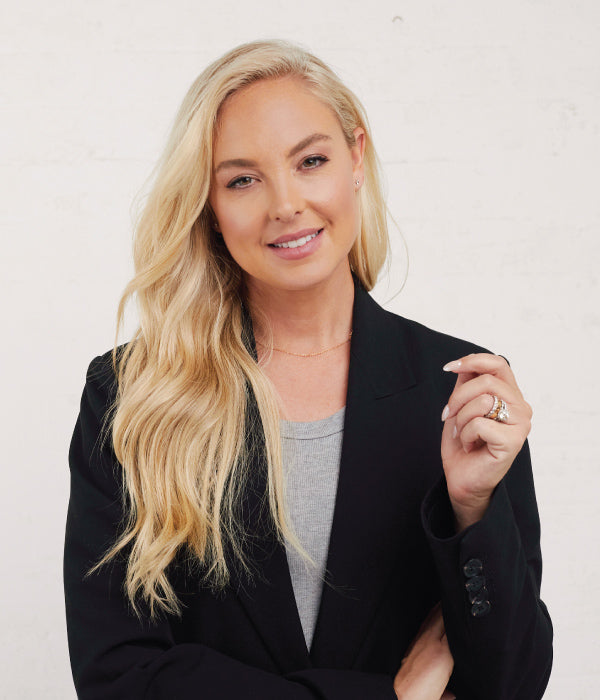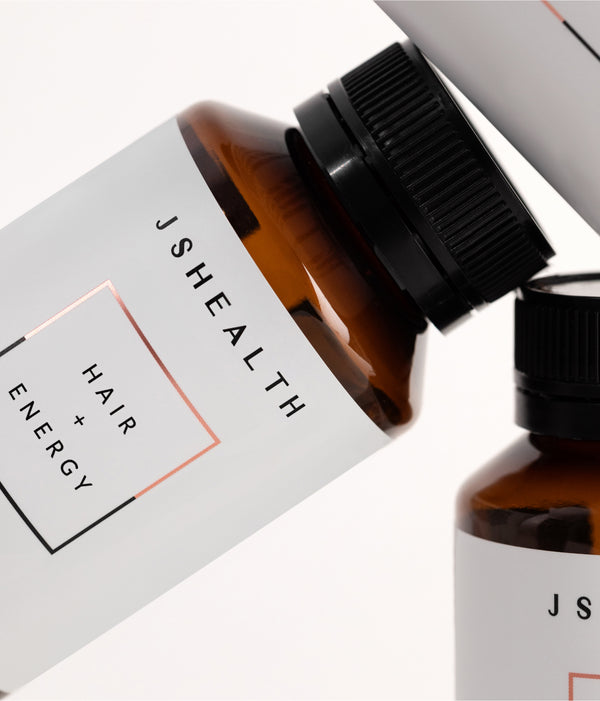Libido Myths Debunked
Our relationship with libido is deeply personal, ever-changing and influenced by many factors. Unfortunately, myths around libido have evolved over time and in different social contexts, creating some pressure and confusion.
We’re setting the record straight to support a more informed conversation. After all, libido or sexual desire is part of a healthy, connected life—and is something to be embraced and enjoyed!
How to Define 'Libido'
Rather than focusing solely on physical ‘libido,’ let’s talk about desire—an experience that embraces both emotional and physiological. Desire can ebb and flow due to life circumstances, stress, hormonal changes, mental wellbeing and of course, relationship dynamics.
Periods of low desire are completely normal and do not indicate that anything is ‘wrong’ with you. By broadening our understanding of desire, we create space for self-compassion and a more holistic approach to sexual, physical and emotional wellbeing.
Myth 1: Low libido means something is ‘wrong’ with you.
Society often portrays a high, constant sex drive as the ‘ideal,’ but the truth is that desire fluctuates for everyone. Many circumstances and lifestyle habits can play a role in how often (or if) we feel desire; for example, if you’re a new mum, are in a new relationship, have started a new job, have moved home or are experiencing financial stress.
It is perfectly normal for libido to change over time and across different life stages. Instead of seeing fluctuations as a problem, consider them a reflection of your unique journey and an insight into your emotional wellbeing. How can you support yourself through this period of life, without judgement?
Myth 2: Libido is due to hormones.
While hormones such as testosterone and oestrogen can influence your baseline levels of desire, they are just one piece of the puzzle!
As mentioned above, many factors like mental health, emotional connection, trauma, lifestyle choices or personal confidence all contribute to desire. In many cases, these circumstances have a far greater impact than hormones alone.
If you’re concerned about your hormonal levels for any reason, please reach out to a health professional to test your levels and guide you with a personalised approach.
Myth 3: Self-love and intimacy with others are separate.
Exploring and understanding your own needs, pleasure and boundaries is an essential part of experiencing fulfilling intimacy with others.
Tuning into what brings you joy, pleasure and comfort can strengthen confidence and deepen connection—whether with yourself or a partner. This, in turn, impacts desire! If you can more easily access those aspects of yourself, you’re more likely to be able to access your ‘sex-drive’ or desire in moments of arousal.
Myth 4: Supplements can’t help your libido.
Nutrition and supplementation can play a supportive role in overall wellbeing, and can help to ‘boost’ your libido.
If you’re wanting a natural boost, look for targeted supplements with therapeutic levels of ingredients like tribulus, ginseng, zinc, magnesium or other adaptogens, which can help support stress response, circulation and hormonal balance. While supplements are not a ‘quick fix,’ they can be a valuable part of a holistic approach to sexual wellbeing.
Myth 5: Libido declines permanently with age.
Ageing does not mean the end of desire or pleasure!
While hormonal shifts occur naturally over time, emotional intimacy, lifestyle choices and overall health play significant roles in sustaining pleasure and connection. Many people experience fulfilling intimacy well into later years—sometimes even with greater confidence and awareness of what they enjoy.
Myth 6: A person’s ‘sex drive’ can’t be changed.
Desire (or libido) is fluid and can be improved at any age or stage of life. By supporting overall wellbeing, cultivating emotional connection and addressing stress or fatigue, desire can shift in many positive ways.
There is no single ‘correct’ way to experience desire—what matters most is understanding and honouring what feels right for you. We are all uniquely individual, so remember not to compare yourself to whatever you think is ‘normal’. The most important thing is that you feel satisfied, connected and confident in your sexual wellness, and if not, know that there are many tools you can use to support yourself.
